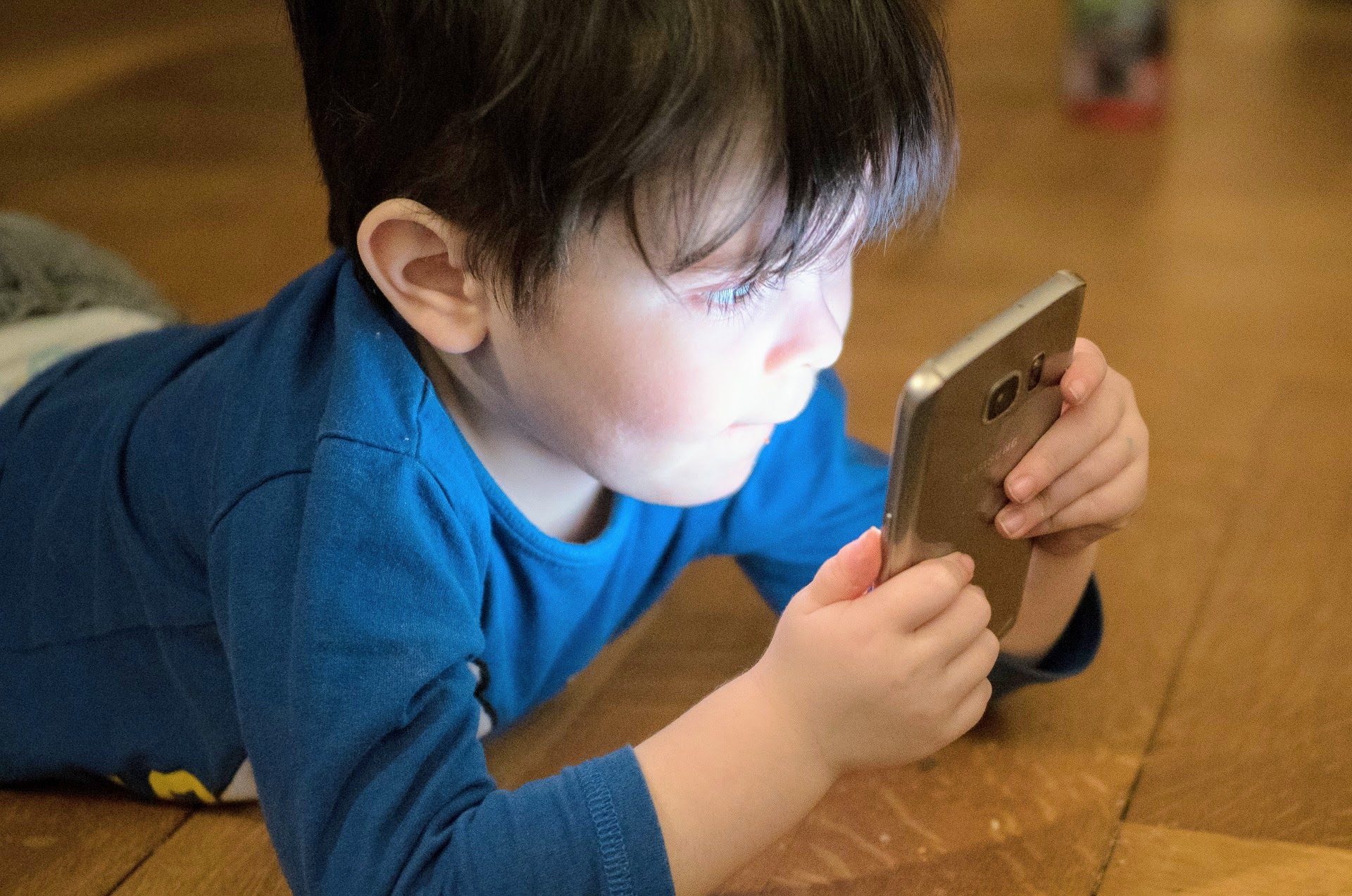According to new research at the University of Calgary, more screen time for young children results in poorer development a few years later. Children's performance was measured in motor, problem-solving, communication, and social skills and a direct correlation was found between screen time at ages 2 and 3 and abilities at ages 3 and 5.
"On average, the children in our study were viewing screens two to three hours per day. This means that the majority of the children in our sample are exceeding the pediatric guidelines of no more than one hour of high-quality programming per day," said Sheri Madigan, an assistant professor at the University of Calgary and first author of the study.
Higher screen time viewing was related to children's delays in meeting subsequent developmental milestones, the proof that this kind of behavior can have detrimental consequences. Parents should think of allowing screens to their children like they do when giving them junk food: It's OK in small doses, but it can really harm them in excess.
In the United States, for example, children of all ages spend on average as many as five to seven hours a day watching TV, in front of a computer, and/or playing video games. Which seems to be way too much. One of the biggest problems is that screen time not only impairs kids' sleep but also reduces the time their parents devote reading to or with them. As any parent knows today, frequent reading with dad or mom is a strong predictor of successful kids' development and academic success.

Picture: Boy & smartphone (Wikimedia Commons - w/Effects)



